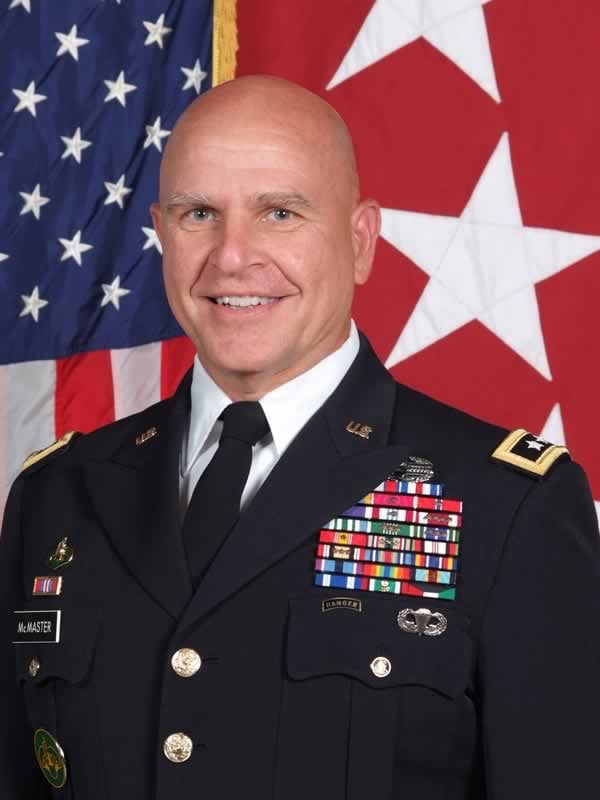On Sunday morning, The Wall Street Journal (WSJ) reported that former US National Security Advisor H. R. McMaster will return to Stanford’s Stanford’s Hoover Institution Institution as a senior fellow this autumn.
“We view him as a unique find,” Hoover director Tom Gilligan told the Wall Street Journal. “And we view this as a kind of a homecoming.”
America’s divided political arena, according to McMaster, has “infected” national security discourse.
“It’s regrettable because I do think some really excellent work has happened across the last year-and-a-half to help frame some of the most significant strategic challenges and to craft strategic approaches to advance and protect our interests,” McMaster said.
Back at Hoover, he aims to author a book on national security. In an interview with the WSJ, he specifically mentioned fostering bipartisan ideas “to craft strategic approaches to advance and protect our interests.”
McMaster officially resigned from his position as the 26th National Security Advisor on Apr. 9, after President Donald Trump appointed him to the post on Feb. 20, 2017. McMaster, a three-star Army general, announced his resignation Mar. 22, just one week after The Washington Post reported that Trump intended to fire and replace McMaster. Prior to his role in the Trump administration, McMaster was well-known for his roles in the Gulf War and the Iraq War.
According to the WSJ, former U.S. Secretary of State and Hoover senior fellow Condoleezza Rice encouraged McMaster to return to Stanford.
“He has a unique perspective,” Rice told the WSJ. “I think he will want to reflect on how his experience leading men and women in battle, being one of the important contributors to military strategy after 9/11, and being national security adviser, shaped his views.”
Trump picked Former U.S. ambassador and Fox News analyst John Bolton to replace McMaster. McMaster himself had succeeded Michael Flynn in his post as National Security Advisor after Flynn left the White House for misleading senior officials about his correspondence with the Russian ambassador to the U.S.
McMaster drew criticism from Trump and others within the administration throughout his tenure as National Security Advisor. In particular, McMaster diverged from Trump’s agenda by supporting the Iran nuclear deal — which Bolton has criticized — and free trade with South Korea. McMaster also went against the Trump administration’s views in his aggressive approach toward North Korea.
Unlike the president, McMaster expressed clear opposition to the the racially charged violence in Charlottesville last summer. He also disagreed with Trump’s use of the term “radical Islamic terrorism.”
McMaster served as Hoover’s national security affairs fellow from 2002 to 2003. He then served as a visiting fellow until his appointment to Trump’s cabinet. During his fellowship, McMaster dealt with issues related to the conflicts in Afghanistan and Iraq, military history and the future of war.
“Although the dangers of careless military activism are easy to imagine, the cost of passivity is more difficult to discern,” McMasters wrote in a Hoover Daily Report in 2003 in response to calls against the U.S. invasion of Iraq. “Failure to intervene militarily often permits humanitarian crises to continue and leads to more dangerous conflicts.”
As a Lieutenant General, McMaster carried out command assignments in Bamberg, Germany and in Southwest Asia during the 1991 Persian Gulf War. He also served in Schweinfurt, Germany from 1999 to 2002 and at both Fort Carson, Colorado and Iraq from June 2004 to June 2006. In 1997, he released his award-winning book “Dereliction of Duty: Lyndon Johnson, Robert McNamara, The Joint Chiefs of Staff, and the Lies that Led to Vietnam.”
Contact Holden Foreman at hs4man21 ‘at’ stanford.edu and Sean Chen at kxsean ‘at’ stanford.edu.
